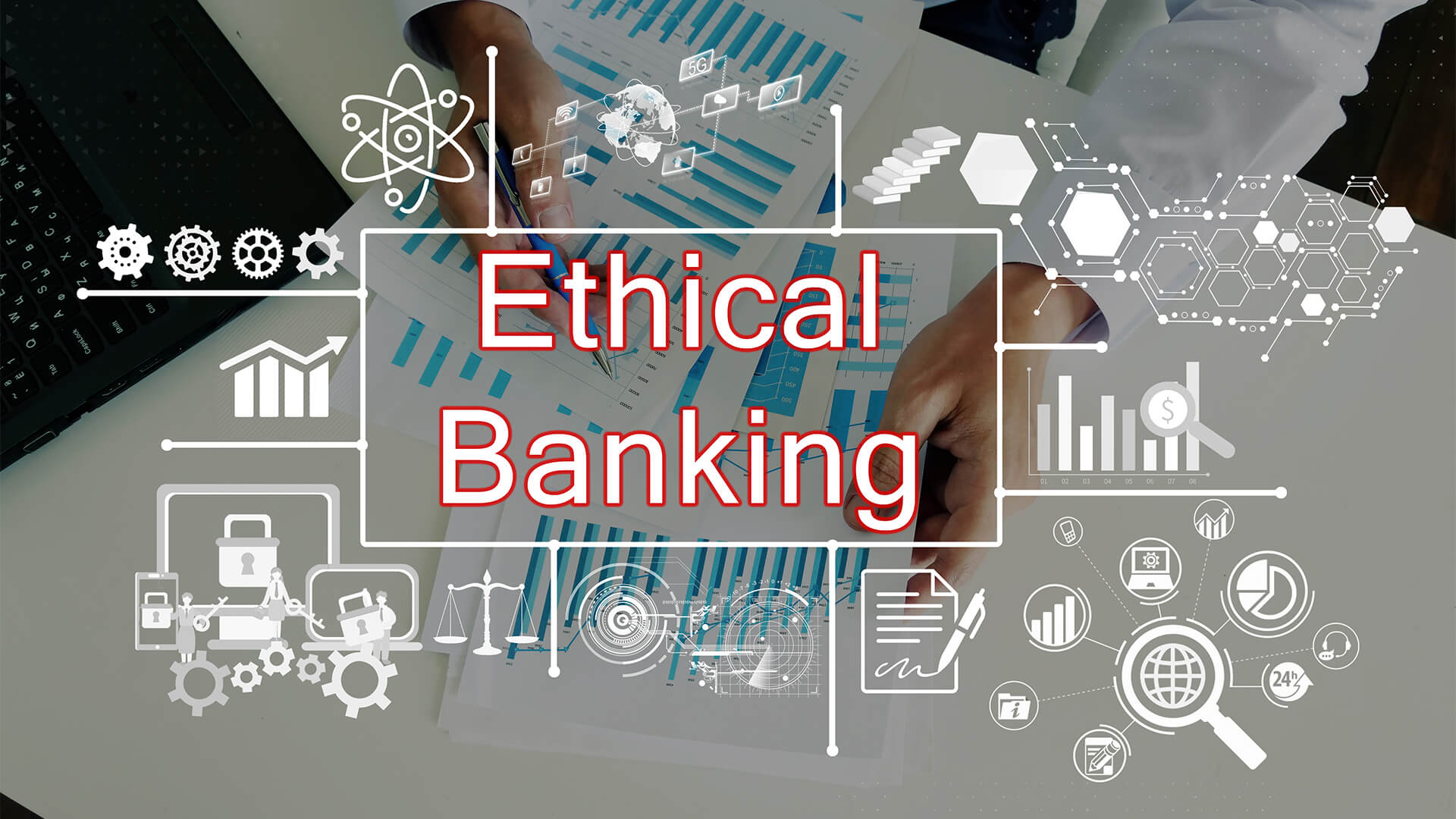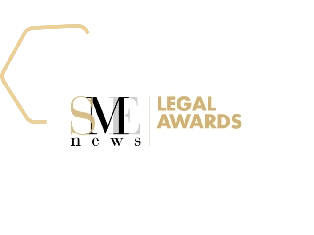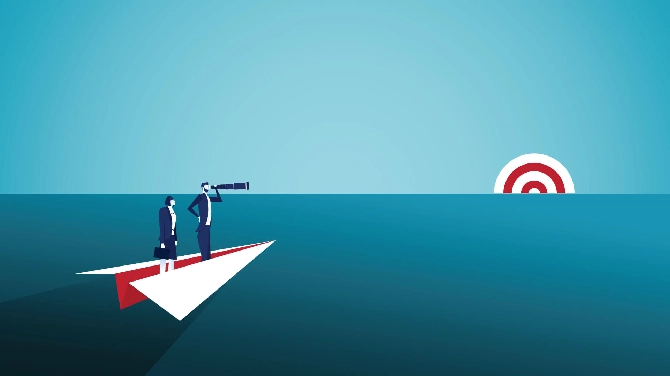With the wealth of information that is available about the operations and reputation of almost every financial institution and bank on earth, it is up to individuals and small businesses to decide where they keep their money. While no one person is going to change nor greatly impact how a bank operates nor how its operations influence the broader world, when small business owners start being more selective about who they bank with, the effects are amplified. With that in mind, below are 5 ways a small business can vet their bank’s sustainability.
Does Your Bank Have a Code of Ethics?
Most companies nowadays feature a code of ethics alongside their corporate social responsibility statement on their website and elsewhere, including in any major press release and annual general meetings. The code of ethics will lay out fundamental philosophical and moral attitudes towards things like community impact, responsibilities to shareholders and other stakeholders, and the bank’s position on cultural and political issues.
If you are interested in extending any commitment that you have made to sustainability, then you absolutely must have an interest in the positions taken on these issues by any of the prospective banks with which you are considering doing business. Some banks operate much more ethically than others and are willing to make major adjustments to how they do business in the name of conviction and principle.
Check Their Investment Portfolio
Another way to evaluate a bank’s commitment, and perhaps the most important, is to see what kinds of companies and other investment opportunities a bank has money in. This information is publicly available, though it can be hard to find sometimes. You can also check the news. If a bank has gone to great lengths to reorient its commercial and capital markets investments towards businesses that are trying to do things like develop sustainable energy, redesign their supply chains with sustainability in mind, and focus more on the social justice impact of their operations, this is quite literally the bank putting its mouth where its mouth is.
If, on the other hand, a bank continues to invest a significant amount of money in heavy polluting industries, companies with terrible environmental and human rights records, and generally doesn’t mind contributing to the further entrenchment of the status quo, then it would be hard to consider such a financial institution as committed in any kind of way to meaningful sustainability.
Have They Committed to Divestment?
The converse of investment, research into a bank’s divestment strategy is another bit of due diligence a small business can do before deciding to bank with a particular financial institution. Many banks have made the news in recent years for their commitment to divesting from industries like fossil fuel, those that pollute waterways, those that engage in harmful environmental practices like wreckless waste management, and those that refuse to cooperate with or consult the vulnerable communities in the places where they do business.
Still, other banks have upped their investment in these aforementioned industries and ventures. This is why investigating what kind of companies and industries a bank is distancing itself from and pulling out of.
Check Their Lending Programs
When you are researching a bank, you can also factor its commercial lending practices into your analysis, including whether or not it offers any special programs or terms for companies that are trying to do things more sustainability or have business models that seek to make a positive environmental or social impact. There are green loan programs being developed around the world by different financial institutions that represent an attempt to capitalize more sustainable businesses.
Sustainability through lending can also extend to the kinds of loan opportunities that a bank is providing to marginalized and impoverished groups and particularly small businesses. Some banks, for example, in the wake of the BLM protests in the summer of 2020, decided they were going to try to do their part for social justice by providing favourable loan terms to new and struggling black businesses.
Who Are Their Partners?
You can also evaluate your bank’s sustainability by vetting the types of organizations it has partnered with, as well as to which ones it makes donations. These partnerships might be direct, such as partnering with groups like the World Food Program or UNICEF, or they could be more indirect, such as by offering credit cards that partner with NFPs like the World Wildlife Fund, for example.
A good place to search for these kinds of partnerships is on the bank’s corporate social responsibility and press release pages. You can also do a Google search for your bank’s “name+charity” and see what kind of results you find.
Conclusion
Individuals and small businesses are increasingly realizing that they have the power to amplify their positive (or negative) social and environmental impact through the banks they use. As a small business owner, you tend to have a much closer relationship with your bank than you would as a retail banker, and the money you keep with your bank and the services you pay for also represent, depending on the bank, a potentially larger part of the bank’s available funds for investing and growth.
By carefully considering the above criteria before making a decision on who to bank with, you are able to make better ethical decisions and amplify your positive impact on the world and, in the process, let more banks and financial institutions know that their clients’ preferences are changing.







